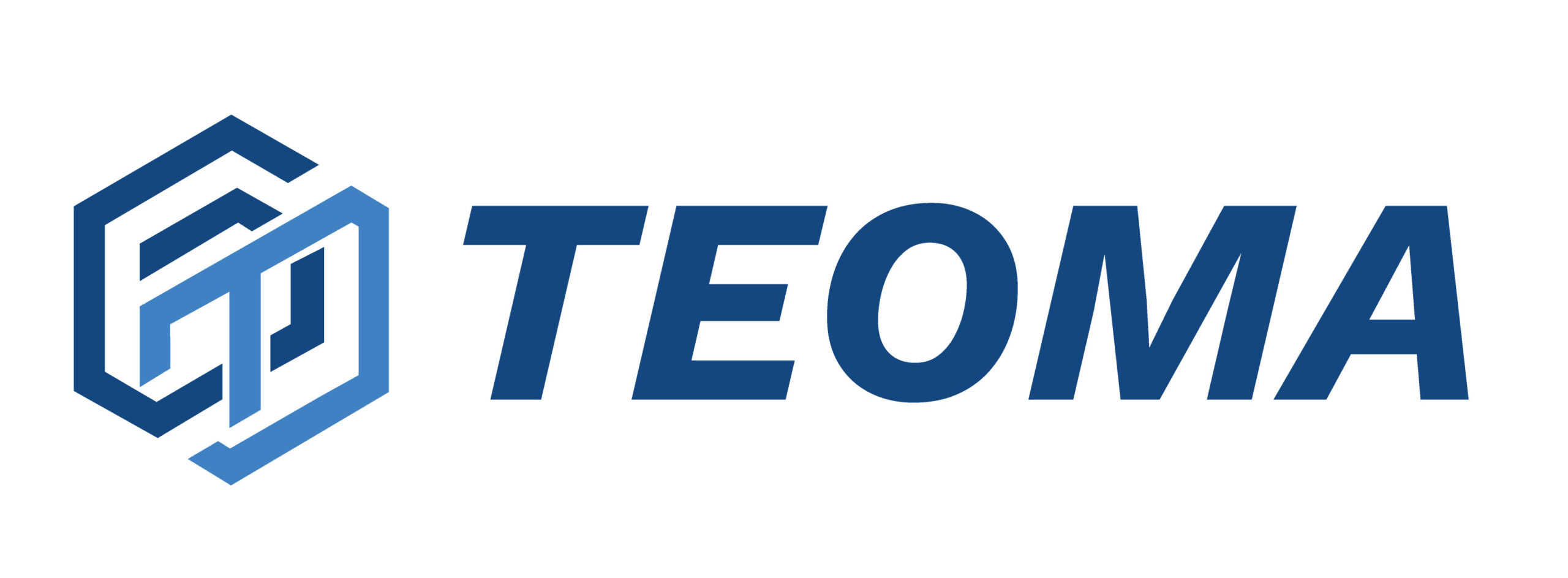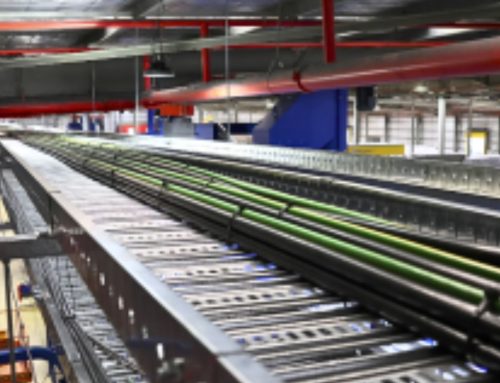In Australia, electricians may be involved in the installation and maintenance of HVAC (Heating, Ventilation, and Air Conditioning) systems as part of their work. However, it’s important to note that HVAC work often requires specialised knowledge and training, and electricians should collaborate with HVAC professionals when working on these systems.
The specific procedures and regulations may vary depending on the state or territory in Australia, but here is a general overview of what electricians should consider when working on HVAC systems:
1. Licensing and Certification
Electricians must have the appropriate electrical license and certification to work on electrical systems. However, additional licenses or endorsements may be required to work on HVAC systems, depending on the jurisdiction.
2. Collaboration with HVAC Technicians
HVAC systems are complex and involve electrical, mechanical, and refrigeration components. Electricians should collaborate with qualified HVAC technicians when working on these systems to ensure compliance with safety standards and regulations.
3. Electrical Wiring
Electricians may be responsible for wiring electrical components of HVAC systems, such as motors, thermostats, and control panels. They should follow relevant electrical codes and standards when performing these tasks.
4. Safety
Safety is paramount when working with HVAC systems. Electricians should be aware of electrical hazards, refrigerant handling, and general safety precautions associated with HVAC work.
5. Compliance with Codes and Regulations
Electricians should adhere to local and national electrical codes and regulations, as well as any specific HVAC codes and standards. These codes ensure the safety and efficiency of HVAC systems.
6. Testing and Inspection
After installation or maintenance work, electricians should conduct thorough testing and inspections of the electrical components of the HVAC system to ensure proper functionality and safety.
7. Documentation
Proper documentation of the work performed is essential. This includes recording equipment specifications, wiring diagrams, and any changes made to the HVAC system.
8. Ongoing Maintenance
Electricians may be responsible for routine maintenance of electrical components within the HVAC system. Regular inspections and preventive maintenance help ensure the system’s reliability.
9. Continuing Education
To stay up-to-date with the latest HVAC technologies and regulations, electricians should consider ongoing education and training in HVAC systems.
It’s important to emphasize that HVAC work can be highly specialised and may require specific licenses or qualifications beyond a standard electrical license. Therefore, electricians should collaborate with HVAC professionals or seek additional training and certifications as needed to work on HVAC systems in compliance with Australian regulations. Additionally, they should always prioritise safety and adhere to industry best practices.



